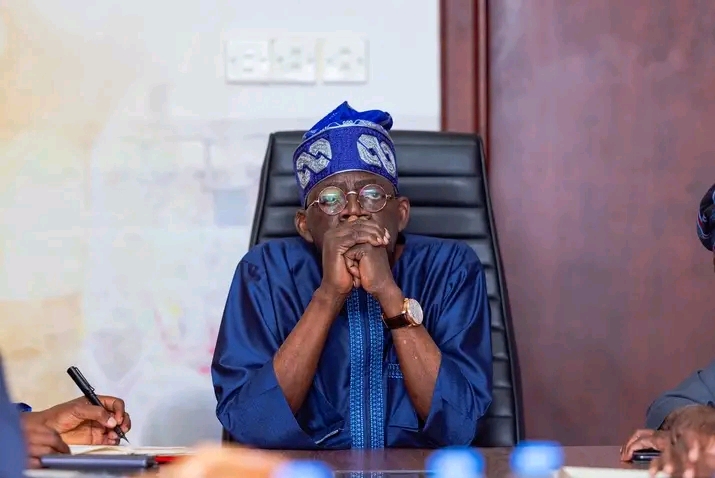By: Editors
In a recent development, President Bola Tinubu has taken the decisive step of inaugurating 45 out of the 48 cleared ministers, marking a significant stride in his administration’s formation. However, this process has not been without its share of controversy and critique.
The Nigerian Senate’s refusal to confirm three ministers, citing “security clearance” concerns, adds an intriguing layer to the situation. While ensuring national security is paramount, this decision raises questions about the transparency of the vetting process and the overall competency of the nominees.
One of the most debated aspects is the size of the cabinet. Critics argue that a cabinet comprising 48 ministers raises concerns about the financial burden on the nation. The high cost of governance is a pressing issue, particularly in a country where the allocation of resources is often a contentious matter. It becomes imperative for the government to justify the necessity of such a large number of ministers and their potential impact on efficient governance.
Another point of contention revolves around the allocation of portfolios to ministers who are yet to be inaugurated. This move has garnered widespread disapproval, with observers asserting that some ministers’ assigned responsibilities do not align with their past experiences or service records. For the government to function optimally, it is crucial that ministers are placed in roles where their expertise can be leveraged for the betterment of the nation.
Tinubu’s victory in the recent election, though narrow, has not prevented him from making his mark on the political landscape. His choice of ministers is seen by some as a strategic move to consolidate his power base by drawing upon the political coalition that propelled him to victory. However, critics argue that this approach could compromise the merit-based selection of qualified individuals, leading to a potential disparity between political loyalty and actual administrative competence.
Adding to the complexity is the ongoing legal challenge to Tinubu’s electoral win. The fact that his government is being formed amid such legal uncertainty brings into question the stability and legitimacy of his administration. In this light, every decision made by his government, including ministerial appointments, comes under intense scrutiny and analysis.
All and above, the inauguration of ministers under President Bola Tinubu’s administration has triggered multifaceted debates about the size of the cabinet, the allocation of portfolios, and the intersection of politics and governance. As the nation moves forward, it is essential for these concerns to be addressed transparently and effectively, in order to uphold the principles of good governance and to ensure that the administration works for the betterment of the Nigerian people.


